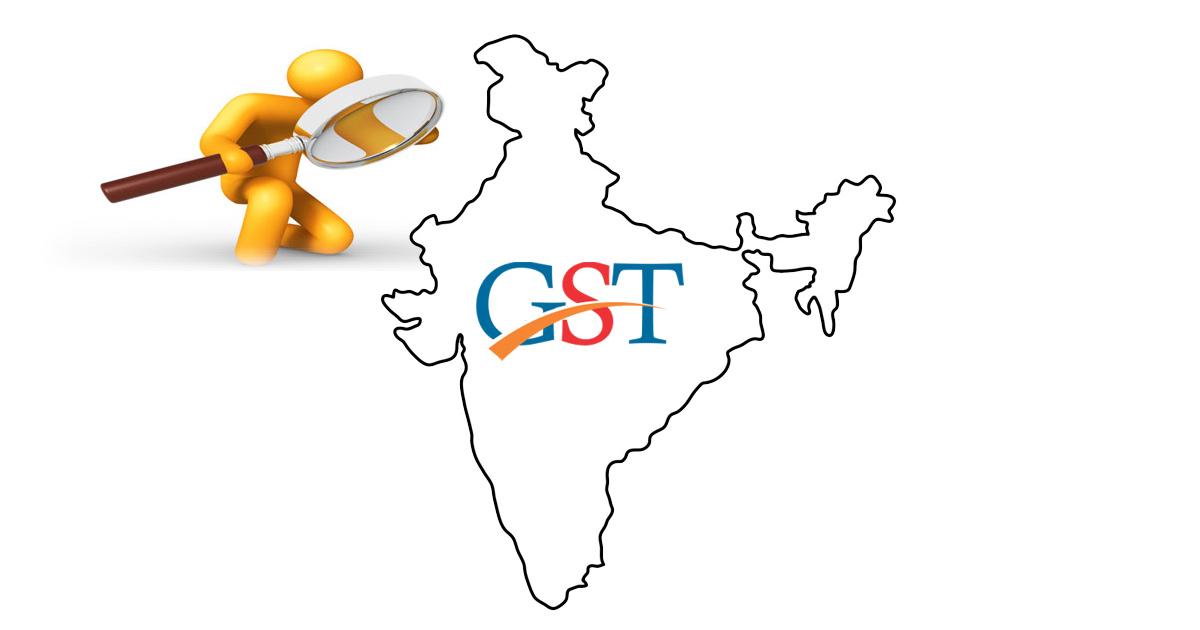Jo Bello, PwC’s global indirect tax leader, who has more than 20 years of experience in the international VAT, said that the accomplishments of the online Goods and Services Tax (GST) in the country have further encouraged the common European trading bloc to experiment along with uniform producer levy.
Bello mentioned, “What India has achieved on the technology part of GST is pretty amazing. Many European countries are watching India see whether it works for you and whether they could do it too.”
According to her, GST is an innovation to alter India’s sentience for not only policymakers in outside India but also a deep sense created regarding India for global investors as well. Where GST rollout in India has faced many comments from the domestic industry, Bello said the GST implementation has caused many global investors, who are not willing eyes on India, to make a decision to invest.
Read Also: How is VAT UAE Better than Goods and Services Tax India?
India with GST has created a distinction and altered the value chain as now the tax system is levelling with the other countries that have a nice indirect tax structure, counting those in China.
Bello said, “There are lots of similarities between the Chinese system and the Indian system. But the Indian system is now extremely similar to the rest of the world’s VAT (Value Added Tax) systems.”
She further mentioned, “India has e implemented GST and it is starting to change the country in exactly the ways they were intended to. And so I think actually India has got an awful lot to be proud of in how it has achieved its ambitions”.
GST has been implemented in India since 1 July. With the rollout, all the other taxes subsumed into one tax and cascading effect has been omitted. However, it had attracted many problems in the starting phase and triggered litigations too, the government had tried to resolve all the problems. The benefits of newly implemented GST can be delayed a further if the problems faced by Industry increases successively.
She mentioned, “So there are still complexities from a technology perspective or reporting perspective… and (it would) be really interesting when everything settles down. I hope for India’s sake that it’s relatively soon”.
Industry experts suggest that New Delhi in future may utilize the indirect tax data to identify those who escape from income tax net.
Recommended: What Can India Learn From Malaysian GST?
